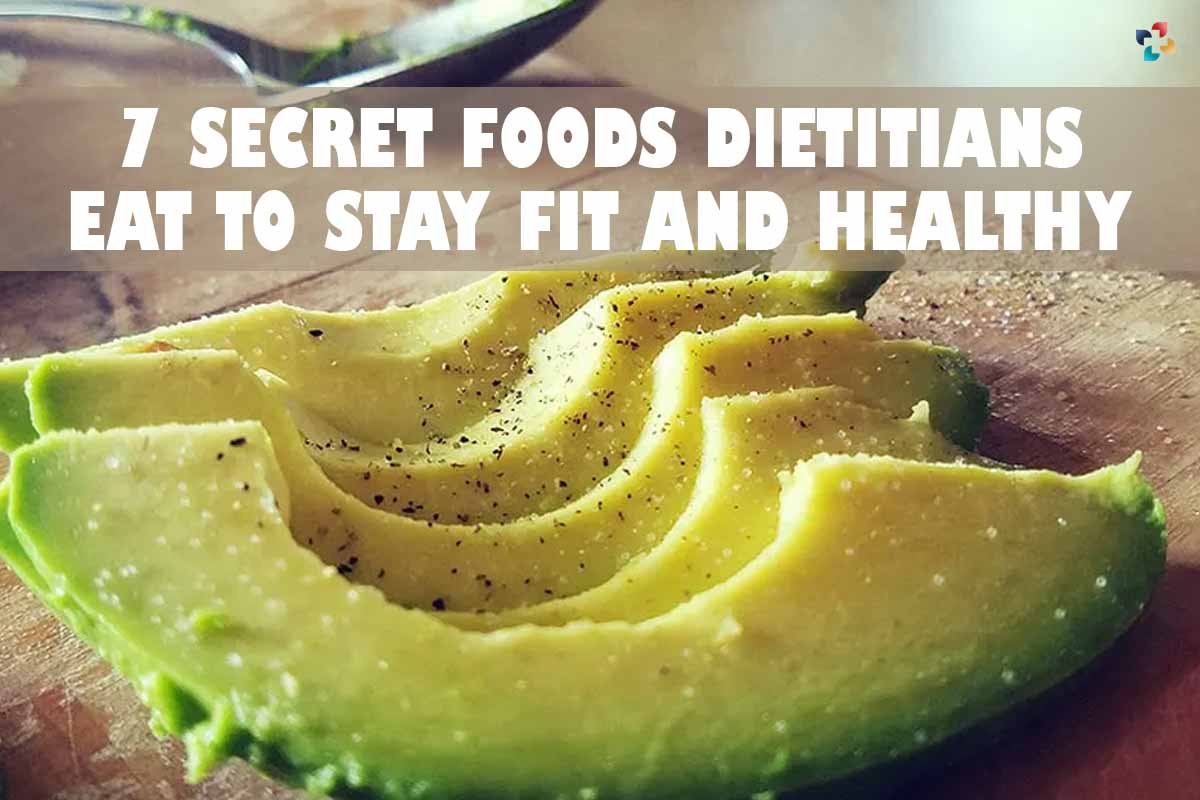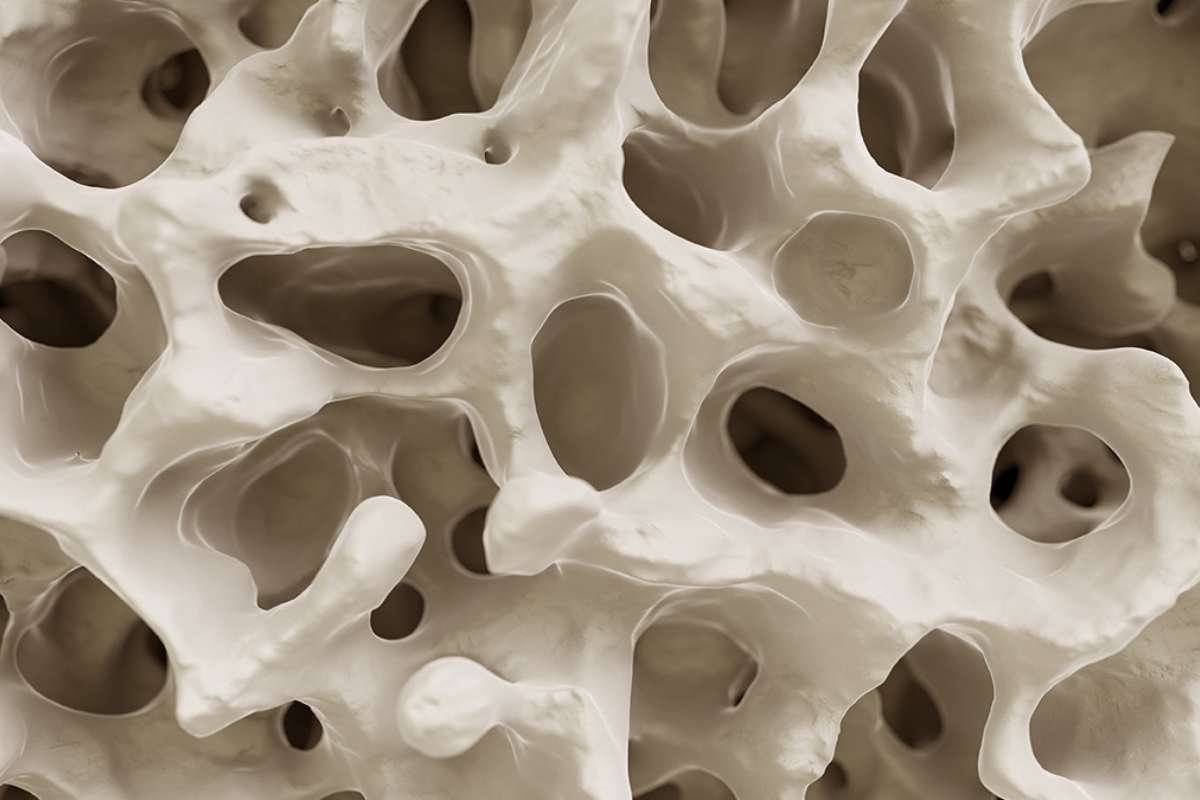Secret Foods Dietitians Eat to Stay Fit People who are working to improve their overall well-being have a better chance of success if they eat healthily and put the advice they find online about healthy eating into practice.
Here are 7 Secret Foods Dietitians Eat to Stay Fit and Healthy;
1. Stay away from beverages that have added sugars
Many beverages that seem to be on the Secret Foods Dietitians Eat to Stay Fit, such as fruit punch and sports drinks, really contain significant amounts of added sugar. Unhealthy effects, such as obesity, cardiovascular disease, type 2 diabetes, nonalcoholic fatty liver disease, and metabolic syndrome, have been related to consuming an excessive amount of added sugars.
According to the Dietary Guidelines for Americans, people should try to keep their consumption of added sugar to less than ten percent of their total daily calorie intake. This equates to around 12 tablespoons of sweet stuff for a diet that contains 2,000 calories. However, the daily consumption of added sugars by individuals in the United States is around 17 teaspoons, which is a significant amount more than the recommended Secret Foods Dietitians Eat to Stay Fit.
By substituting beverages that contain added sugars, such as regular soda, sweet tea, sports drinks, fruit punch, lemonade, and fruit “drinks,” for beverages that do not contain added sugars, such as water, seltzer water, unsweetened coffee or tea, and even 100 percent fruit juice in moderation, you can provide your body with the hydration it requires without providing it with any added sugars.
2. Make sure you’re getting enough fermented foods in your diet.
Fermented foods like kimchi, sauerkraut, and others like them not only have a scrumptious flavor, but they also provide the body with the live probiotics it needs to function properly and benefit our health in a variety of ways.

You may provide your body with more probiotics by starting your day with plain yogurt, treating yourself to a bowl of miso soup for supper, or taking a drink of fermented goodness in the form of kombucha in the middle of the day.
- Secret Foods Dietitians Eat to Stay Fit
- Beverages that have added sugars
- BPA-free canned foods
3. Replace highly processed meat with choices that are more freshly prepared
Meats that have been highly processed, such as lunch meats, bacon, and sausage, are unquestionably practical and immensely enticing to consume. However, some of these meat options may also be high in nitrates, a component that, when cooked, may form chemicals that may increase a person’s risk of developing cancer. Sodium is found in high amounts in several of these different kinds of meat are the Secret Foods Dietitians Eat to Stay Fit.
Fresh cuts of meat, such as turkey, chicken, and beef, are a choice for eating meat that is lower in salt and does not contain nitrates, and they may be just as pleasant to consume.
4. Consume daily at least one serving of milk.
Milk isn’t only for kids. A glass of milk is packed with 13 key elements, including calcium, protein, and magnesium, all of which contribute to the development of strong bones. Milk is a basic meal that makes an excellent companion to chocolate chip cookies.

Despite the abundance of nutrients that may be found in milk, barely 20% of individuals consume even one glass of this beverage on a daily basis of Secret Foods Dietitians Eat to Stay Fit.
5. Avoid consuming food in front of the television.
Each of your meals should be savored and relished. And studies have shown that watching television may alter various processes that would typically help a person voluntarily regulate the amount of food they consume. If you eat while watching television, you run the risk of being distracted and eventually eating more calories. Instead, spend time with your loved ones and friends as you eat. Or, at the very least, make it a point to avoid being sidetracked by the television when you are consuming food or Secret Foods Dietitians Eat to Stay Fit.
6. Choose BPA-free canned foods
Foods that come in a can, such as tuna, tomatoes, and beans, are examples of foods that are both handy and easy to incorporate into a diet that is focused on health. However, if the cans in which your food is kept contain BPA, a chemical that aids in the prevention of metal corrosion, then it is possible that you are not eating as healthily as you believe you that Secret Foods Dietitians Eat to Stay Fit.
Despite the fact that certain studies have linked greater BPA levels to an increased risk of type 2 diabetes, obesity, high blood pressure, and other adverse consequences, the FDA maintains that there is insufficient evidence to support the notion that BPA from cans produces any harmful effects. The vast majority of can makers in the United States have voluntarily stopped using BPA, but there is a growing fear that comparable alternative materials may also pose problems.
At this moment, there is not enough data that is publicly available to draw any conclusions regarding the relative safety of these alternatives Secret Foods Dietitians Eat to Stay Fit. Ultimately, if you’re worried about these materials, consider meals kept in glass or aseptic paper-based cartons.
7. Avoid eating the same items on a consistent basis.
A varied diet is essential for maintaining a healthy lifestyle. Consuming or Secret Foods Dietitians Eat to Stay Fit a broad range of meals can provide your body with a variety of nutrients and may help avoid deficiencies in some areas of nutrition. In addition, there is evidence from studies that show eating a diverse range of healthful meals may lower the chance of having metabolic syndrome. [citation needed]

People should make it their goal to consume foods that naturally contain a broad range of colors during the course of the week in order to “eat the rainbow,” which is a practice that is recommended by a number of dietitians. Foods that are excellent for you come in many various colors and varieties; for example, purple cabbage, orange carrots, red radishes, and green spinach each have their own unique nutritional profile.
By switching up the foods you eat on a daily basis, you may not only keep your meals interesting but also provide your body with a variety of essential nutrients.







